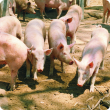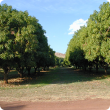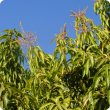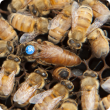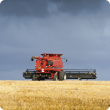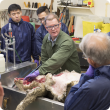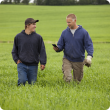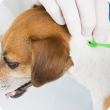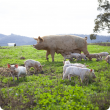Filter by regions:
- Kimberley (171) Apply Kimberley filter
- Gascoyne (167) Apply Gascoyne filter
- Pilbara (163) Apply Pilbara filter
- South West (158) Apply South West filter
- Mid West (157) Apply Mid West filter
- Peel (157) Apply Peel filter
- Great Southern (156) Apply Great Southern filter
- Wheatbelt (152) Apply Wheatbelt filter
- Goldfields-Esperance (148) Apply Goldfields-Esperance filter
- Perth regions (135) Apply Perth regions filter

